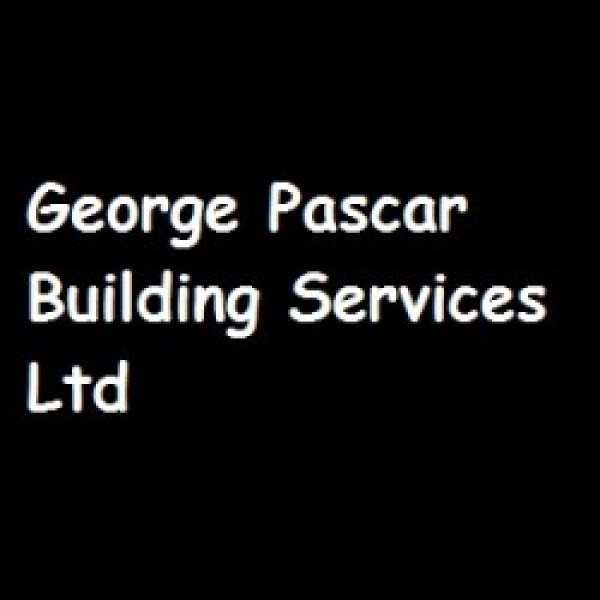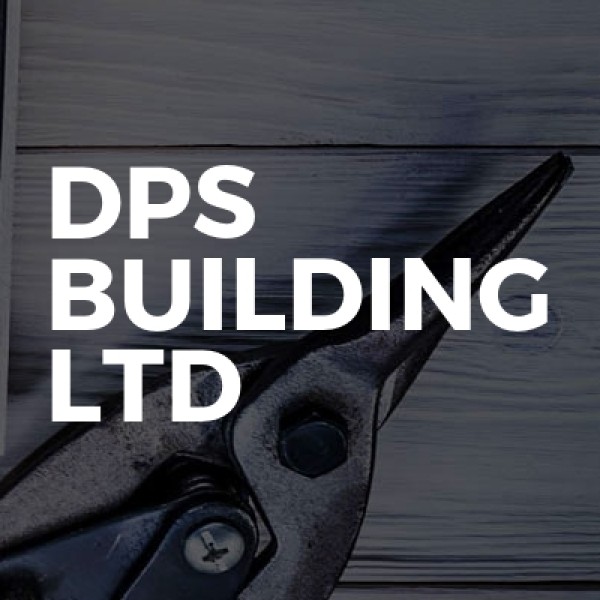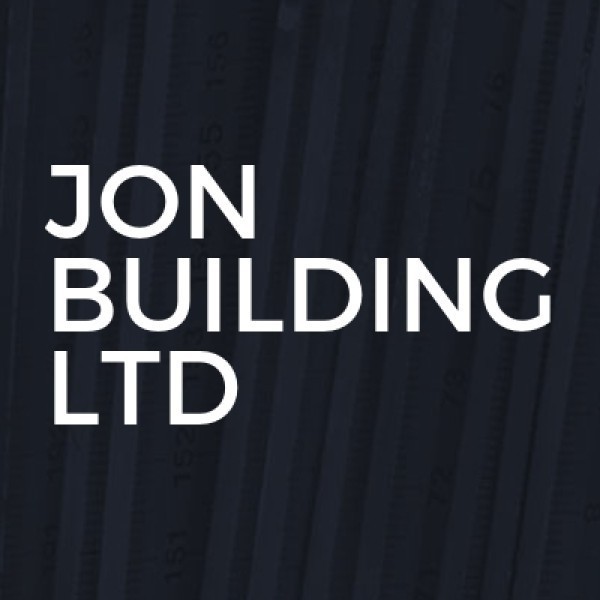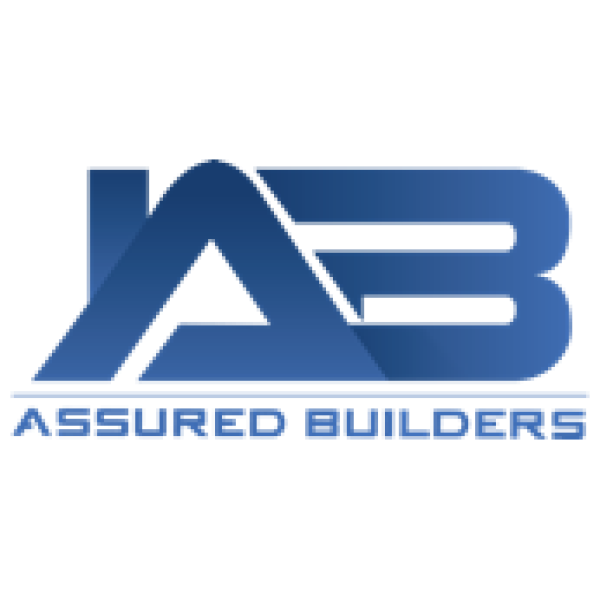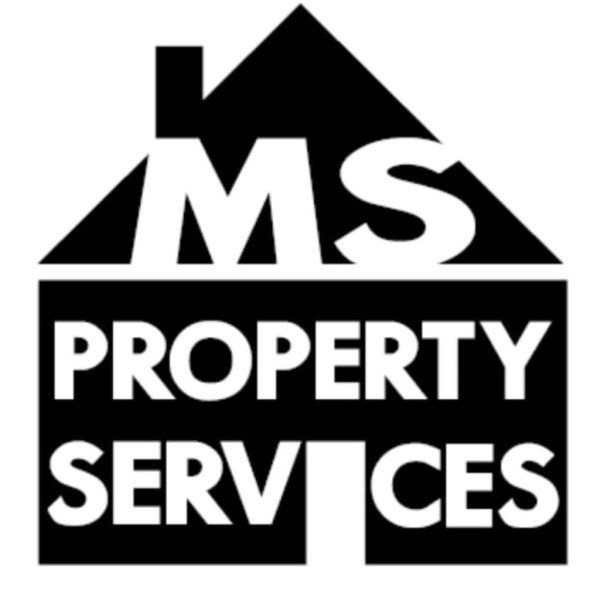Loft Conversions in Kensington
Search Loft Conversions in places nearby
Understanding Loft Conversions in Kensington
Loft conversions in Kensington have become a popular choice for homeowners looking to maximise their living space without the hassle of moving. With the charm of Kensington's architecture and the increasing demand for more space, converting a loft can be a smart investment. This article explores everything you need to know about loft conversions in this iconic London district.
The Appeal of Loft Conversions
Loft conversions offer a unique opportunity to transform unused attic space into a functional area. Whether you're considering a new bedroom, home office, or playroom, the possibilities are endless. In Kensington, where property prices are high, a loft conversion can significantly increase the value of your home while providing much-needed space.
Benefits of Loft Conversions
- Increased Property Value: A well-executed loft conversion can add up to 20% to your property's value.
- Additional Living Space: Create a new room without the need for an extension.
- Cost-Effective: Generally cheaper than moving to a larger home.
- Customisable: Tailor the space to meet your specific needs and style.
Types of Loft Conversions
There are several types of loft conversions to consider, each with its own set of advantages. The choice largely depends on your budget, the existing structure, and your personal preferences.
Dormer Loft Conversion
A dormer loft conversion is one of the most common types, involving an extension that projects vertically from the existing roof. This type provides additional headroom and floor space, making it ideal for creating a spacious room.
Mansard Loft Conversion
Mansard conversions are typically found at the rear of the property and involve altering the roof structure to create a flat roof with a slight slope. This option is perfect for those looking to maximise space and is often seen in urban areas like Kensington.
Hip to Gable Loft Conversion
This type of conversion is suitable for properties with a hipped roof. By extending the sloping side of the roof to create a vertical wall, you gain more usable space. It's a popular choice for semi-detached and detached homes.
Velux Loft Conversion
Also known as a roof light conversion, this is the simplest and most cost-effective option. It involves installing Velux windows into the existing roofline without altering the structure. It's perfect for those with limited budgets or planning restrictions.
Planning Permission and Building Regulations
Before embarking on a loft conversion in Kensington, it's crucial to understand the planning permission and building regulations involved. While some conversions fall under permitted development rights, others may require formal approval.
When is Planning Permission Required?
Planning permission is typically required if you plan to extend or alter the roof space beyond certain limits and conditions. For example, if your property is in a conservation area or a listed building, you will likely need permission.
Building Regulations
Regardless of whether planning permission is needed, all loft conversions must comply with building regulations. These regulations ensure the safety and structural integrity of the conversion, covering aspects such as fire safety, insulation, and access.
Choosing the Right Contractor
Selecting a reputable contractor is vital to the success of your loft conversion. A skilled contractor will guide you through the process, from design to completion, ensuring that your project meets all necessary standards.
What to Look for in a Contractor
- Experience: Look for contractors with a proven track record in loft conversions.
- References: Ask for references and check online reviews.
- Accreditations: Ensure they are accredited by relevant industry bodies.
- Transparent Pricing: Obtain detailed quotes and compare them carefully.
Design Considerations
The design of your loft conversion should reflect your personal style while maximising functionality. Consider factors such as lighting, storage, and the overall layout to create a space that meets your needs.
Lighting and Ventilation
Natural light is crucial in a loft conversion. Consider installing large windows or skylights to brighten the space. Adequate ventilation is also essential to prevent condensation and maintain air quality.
Optimising Space
Utilise clever storage solutions to make the most of your loft conversion. Built-in wardrobes, shelving, and under-eaves storage can help keep the space organised and clutter-free.
Cost of Loft Conversions in Kensington
The cost of a loft conversion in Kensington can vary significantly depending on the type of conversion, the size of the space, and the level of customisation. On average, you can expect to pay between £30,000 and £60,000.
Factors Affecting Cost
- Type of Conversion: More complex conversions like mansard or hip to gable will cost more than a simple Velux conversion.
- Size of the Loft: Larger spaces require more materials and labour.
- Quality of Materials: High-end finishes and fixtures will increase the overall cost.
- Location: Kensington's prime location can lead to higher labour costs.
Financing Your Loft Conversion
Financing a loft conversion can be a significant investment, but there are several options available to help manage the cost.
Home Improvement Loans
Many banks and financial institutions offer loans specifically for home improvements. These loans can provide the funds needed to complete your loft conversion without depleting your savings.
Remortgaging
Remortgaging your home to release equity is another option. This can provide a lump sum to cover the cost of the conversion, often at a lower interest rate than a personal loan.
Frequently Asked Questions
1. How long does a loft conversion take?
On average, a loft conversion takes between 6 to 8 weeks to complete, depending on the complexity of the project.
2. Do I need an architect for a loft conversion?
While not always necessary, hiring an architect can be beneficial for complex projects or if you want a bespoke design.
3. Can all lofts be converted?
Most lofts can be converted, but it's essential to assess the height and structure to ensure feasibility.
4. Will a loft conversion affect my council tax?
In some cases, a loft conversion may increase your property's value, potentially affecting your council tax band.
5. Is a loft conversion a good investment?
Yes, a loft conversion can add significant value to your home, making it a worthwhile investment.
6. What is the minimum height required for a loft conversion?
The minimum height for a loft conversion is typically 2.2 metres, measured from the floor to the highest point of the roof.
Loft conversions in Kensington offer a fantastic opportunity to enhance your living space and increase your property's value. By understanding the different types of conversions, planning requirements, and costs involved, you can make an informed decision that suits your needs and budget. With the right planning and execution, your loft conversion can become a beautiful and functional addition to your home.




